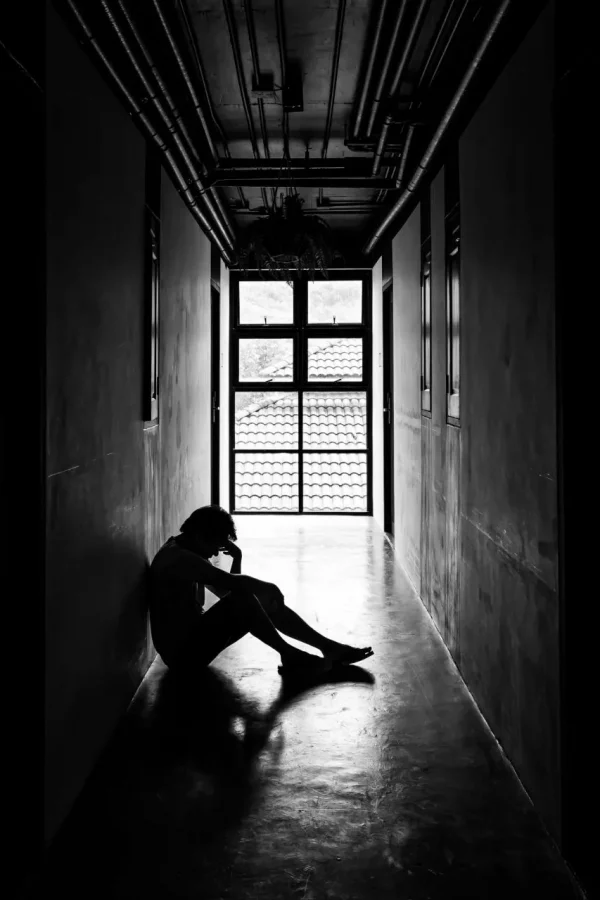Estimated reading time: 1 minute
When it comes to your child, there’s nothing more important than their safety and wellbeing.
For most parents, big decisions about a child’s life, where they live, go to school, or whether they can travel abroad, are made through mutual agreement. But sometimes, situations arise where those decisions could put your child at risk, and you may feel powerless to stop them.
That’s when a Prohibited Steps Order (PSO) can become an essential safeguard.
At Waely Law, we understand that applying for a PSO often comes from a place of deep worry, urgency, and sometimes fear. Our role is to guide you through the process, protect your child, and give you back a sense of control.
Why Someone Might Need a Prohibited Steps Order
Every family’s story is unique, but common reasons for seeking a PSO include:
- Preventing your child from being taken abroad without your permission, particularly in cases of potential abduction or where there are concerns the child may not be returned.
- Stopping a sudden change of school that could disrupt their stability or education.
- Preventing a change to your child’s surname that could distance them from part of their identity or family heritage.
- Restricting contact with certain individuals if you believe this could harm your child’s emotional or physical wellbeing.
In many cases, these concerns arise during times of family breakdown, disputes over child arrangements, or when there’s a history of conflict between parents. For some, it’s an urgent step to protect a child from immediate harm.
Acting Quickly in Urgent Situations
If you believe your child is in immediate danger, for example, there’s a risk they might be taken overseas in the coming days, the court can consider an emergency Prohibited Steps Order.
This can be applied for without telling the other parent in advance (a “without notice” application).
We know these moments are stressful and frightening. Our team is here to act fast, prepare a strong application, and give you the reassurance that you’re doing everything you can to protect your child.
What the Court Considers
In every PSO case, the court’s primary focus is the welfare of the child. They will look at:
- Your child’s physical, emotional, and educational needs
- Any potential risks they may face
- The likely impact of making or not making the order
- The child’s wishes and feelings, depending on their age and maturity
You can read more about how the court approaches children’s issues on our Children’s Matters overview page.
How Waely Law Can Help
Applying for a Prohibited Steps Order isn’t just about completing forms. It’s about presenting a clear, evidence-based case to the court that shows why the order is necessary. That’s where we come in.
We will:
- Listen to your concerns without judgement
- Move quickly when urgency is required
- Gather and present evidence that supports your application
- Stand beside you in court if the matter is contested
You can find out more about our dedicated Prohibited Steps Orders service.
Costs and Timescales
A straightforward PSO application might cost £900 – £1,500 + VAT, while contested or multi-hearing matters can range from £5,000 – £15,000 + VAT.
In urgent situations, a same-day hearing is sometimes possible. In less urgent cases, the process may take several weeks.
Related Orders You Might Need
A PSO is sometimes applied for alongside other protective orders:
- Specific Issue Orders – to settle disputes about a child’s upbringing
- Non-Molestation Orders – to protect against harassment or abuse
- Occupation Orders – to determine who can live in the family home
We can advise on whether a combined approach is right for your situation.
Frequently Asked Questions
1. Can I apply for a Prohibited Steps Order without the other parent knowing?
Yes, in urgent situations the court can hear your application without notice to the other parent. This is only granted where there’s a genuine risk of harm or immediate concern.
2. How long does a Prohibited Steps Order last?
It can last until a set date, until the child turns 16, or until the court changes or removes it.
3. What happens if someone breaches the order?
Breaching a PSO is contempt of court and can result in fines, enforcement action, or imprisonment.
4. Do I need a solicitor?
While it’s possible to apply yourself, legal representation greatly improves the chances of success — especially in urgent or contested cases.
5. Can it stop overseas travel?
Yes. This is one of the most common reasons for a PSO, particularly where there’s a risk of abduction.
Take Action Today
If you’re worried about a decision being made about your child without your agreement, or fear for their safety, don’t wait until it’s too late.
Contact us today for clear, compassionate legal advice.
Get in Touch with Waely Law | Prohibited Steps Orders Service Page












